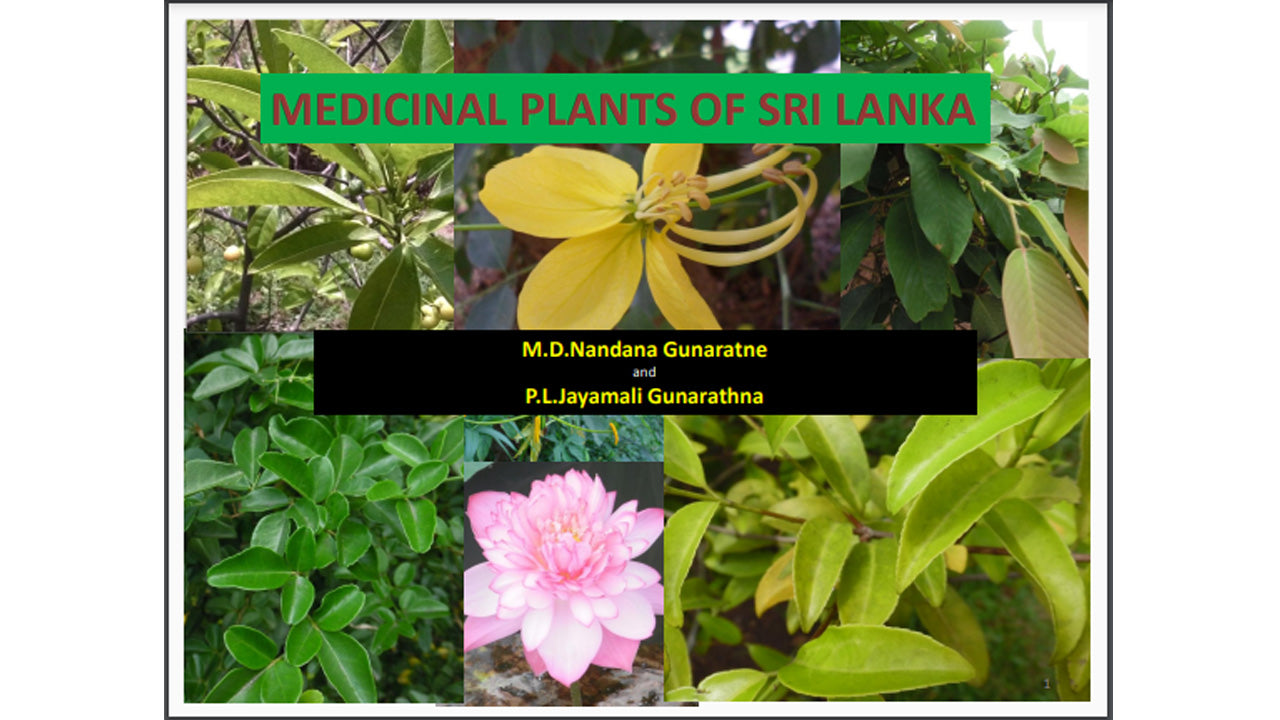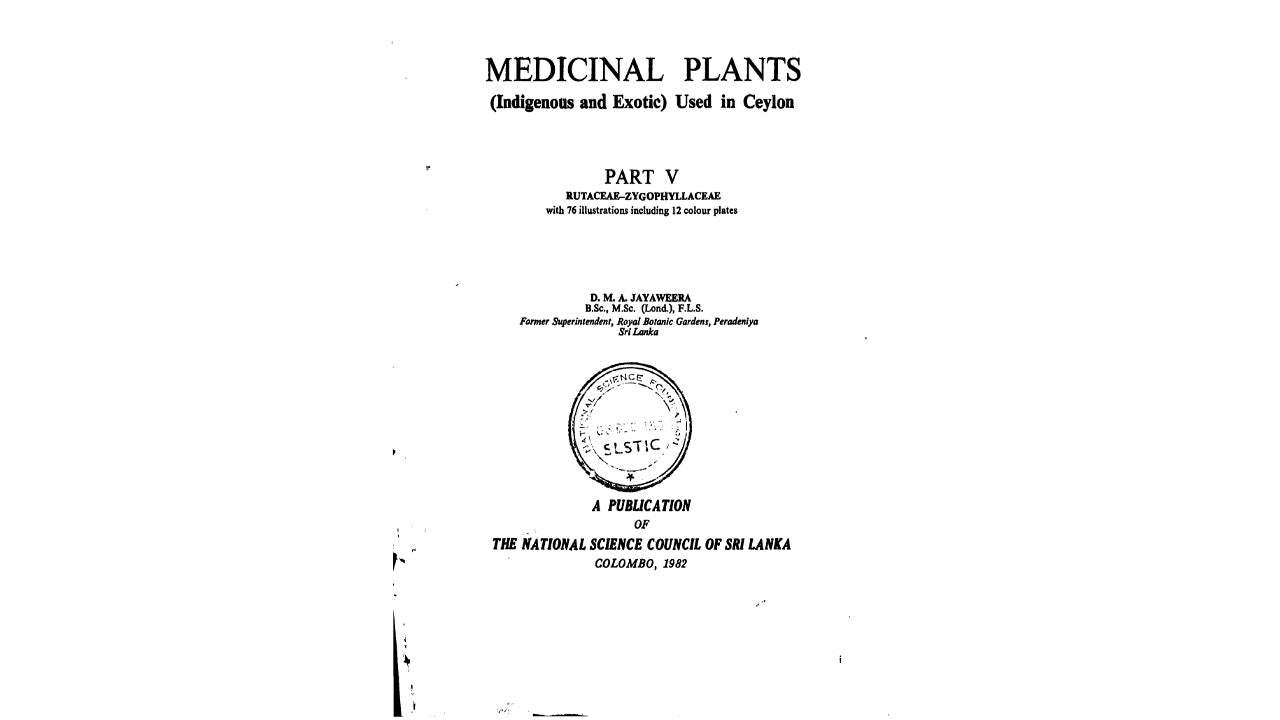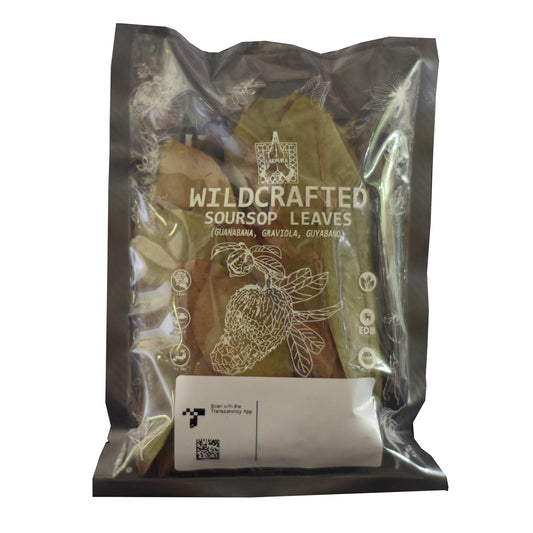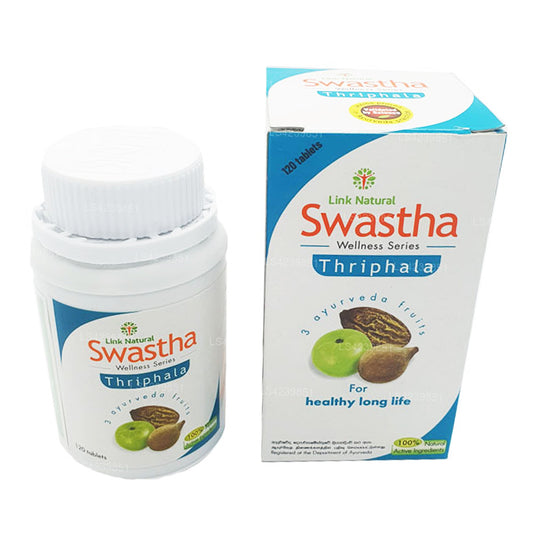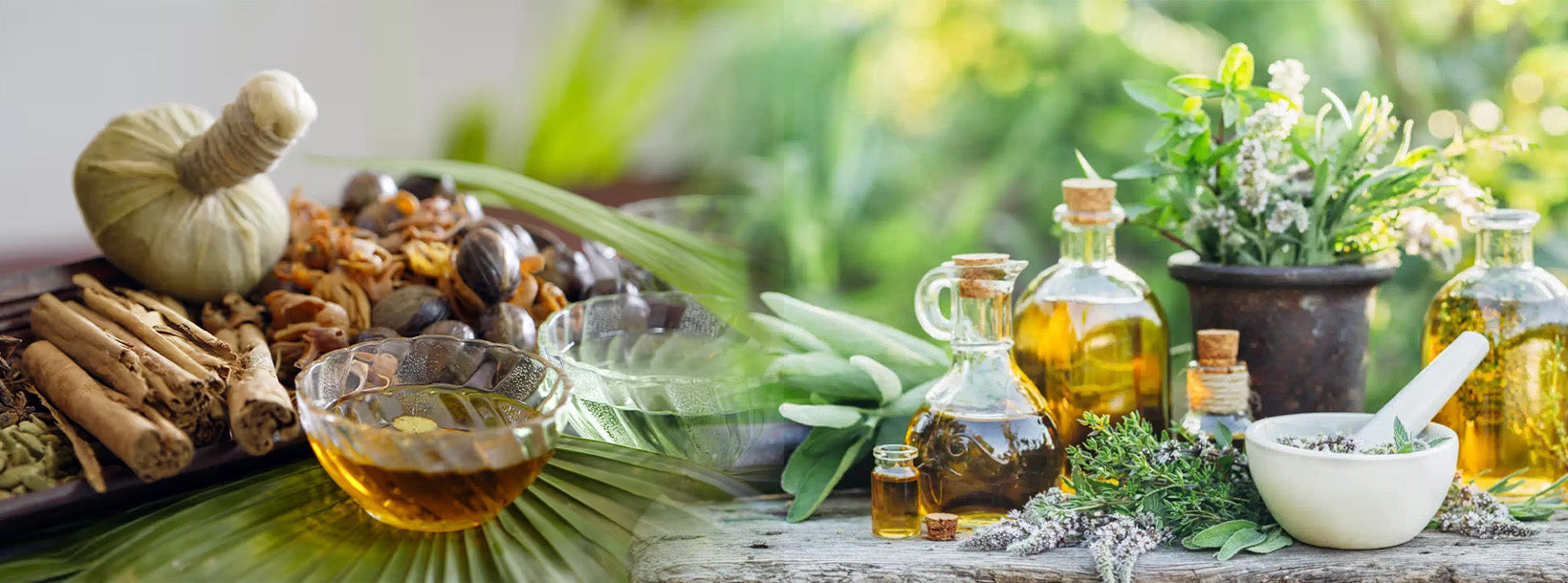
Ayurvediske lægeplanter
Sri Lankas ayurvediske tradition byder på et rigt udvalg af lægeplanter, der har været brugt i århundreder. Sri Lanka har en rig tradition for ayurvedisk medicin, der trækker på sin oprindelige viden og en række lægeplanter. Her er nogle bemærkelsesværdige ayurvediske lægeplanter, der findes i Sri Lanka
Terminalia chebula (Aralu)
Terminalia chebula, commonly known as Haritaki in Sanskrit, Aralu in Sinhala, and Myrobalan in English, is a deciduous tree that belongs to the Combretaceae family. It is native to South Asia and is widely distributed in India, Sri Lanka, Nepal, and other parts of Southeast Asia. The tree is highly valued in traditional medicine systems like Ayurveda, Siddha, and Unani for its numerous health benefits.
Botanical Description
- Scientific Name: Terminalia chebula
- Family: Combretaceae
- Common Names: Aralu (Sinhala), Haritaki (Sanskrit), Myrobalan (English)
- Habitat: This tree thrives in tropical and subtropical regions, often found in deciduous forests and along riverbanks.
The tree can grow up to 30 meters in height and has a characteristic rounded crown. The bark is dark brown and often fissured. The leaves are elliptical, dark green, and arranged oppositely. The tree produces small, yellowish-white flowers that are clustered in terminal spikes. The fruit, which is the primary part used for medicinal purposes, is a drupe, yellow to orange-brown when ripe, with a single seed inside.
Traditional Uses
Ayurveda and Siddha Medicine:
- Digestive Health: Aralu is known for its mild laxative properties, making it beneficial for treating constipation and promoting regular bowel movements.
- Detoxification: It is considered a powerful detoxifying agent that helps cleanse the digestive system and eliminate toxins from the body.
- Respiratory Health: Used to treat respiratory conditions like cough, asthma, and sore throat.
- Immune System: Regular consumption is believed to boost the immune system, helping the body resist infections.
- Anti-inflammatory: Aralu has anti-inflammatory properties that can help alleviate conditions like arthritis and other inflammatory disorders.
- Skin Health: Applied topically, it can help treat skin conditions such as wounds, ulcers, and fungal infections.
Modern Medicinal Research
Modern research has corroborated many of the traditional uses of Terminalia chebula. Some key findings include:
- Antioxidant Properties: The fruit is rich in tannins and other phenolic compounds, which have strong antioxidant properties, protecting cells from oxidative stress.
- Antimicrobial Activity: Studies have shown that extracts from the fruit have significant antimicrobial activity against a range of bacteria, fungi, and viruses.
- Anti-diabetic Effects: There is evidence that Aralu can help regulate blood sugar levels, making it potentially useful in managing diabetes.
- Cardiovascular Health: Its antioxidant and anti-inflammatory properties may help protect against heart disease by reducing cholesterol levels and improving vascular function.
Culinary Uses
<-
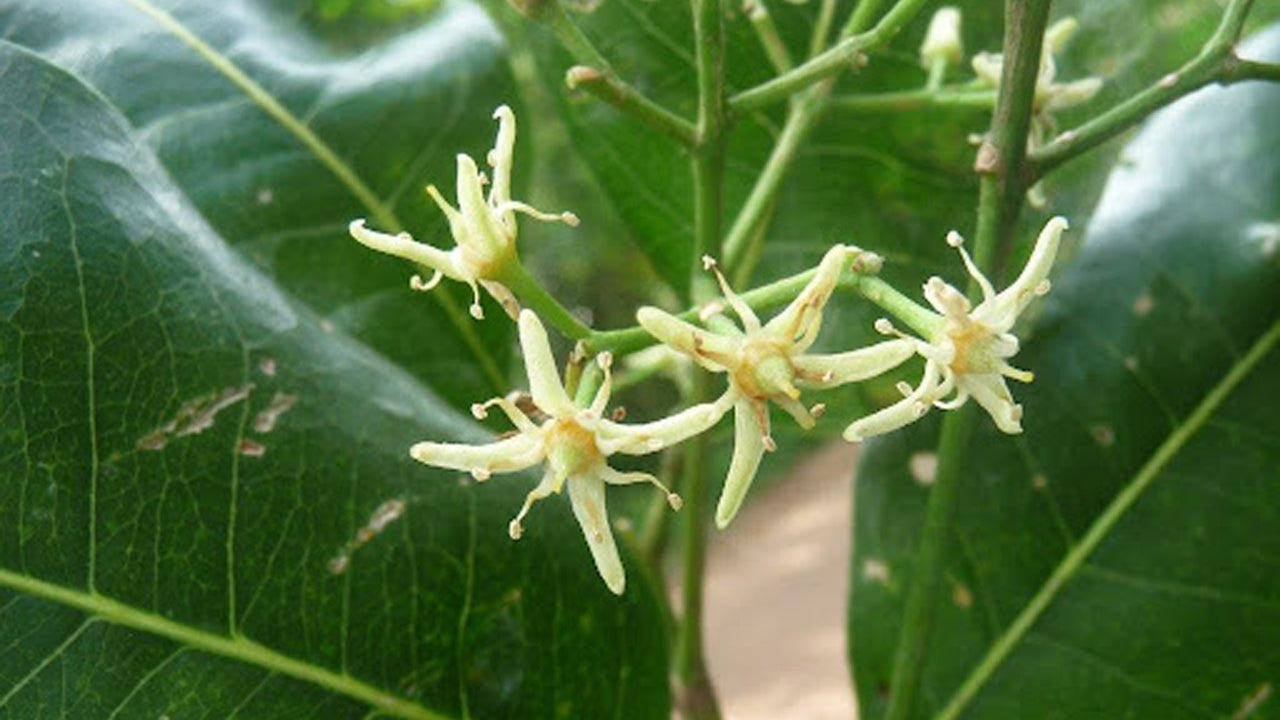
Claw-flowered laurel
Acronychia pedunculata -
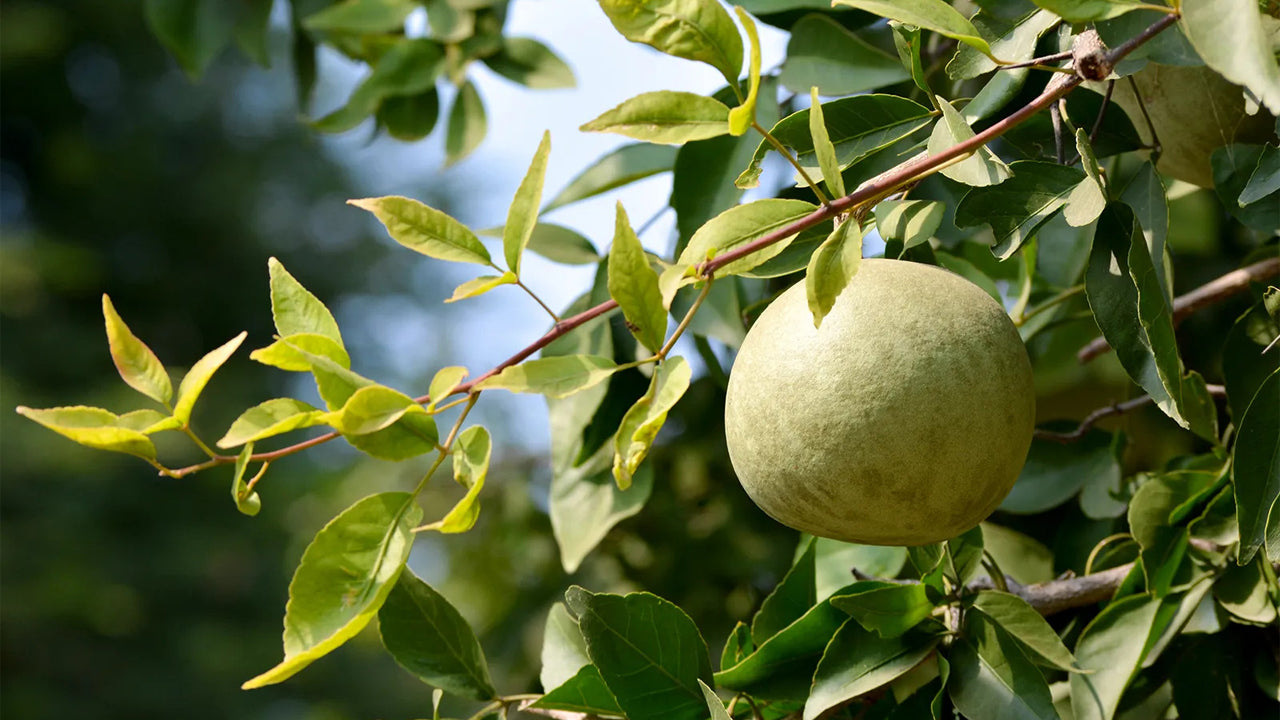
Bael
Aegle marmelos -
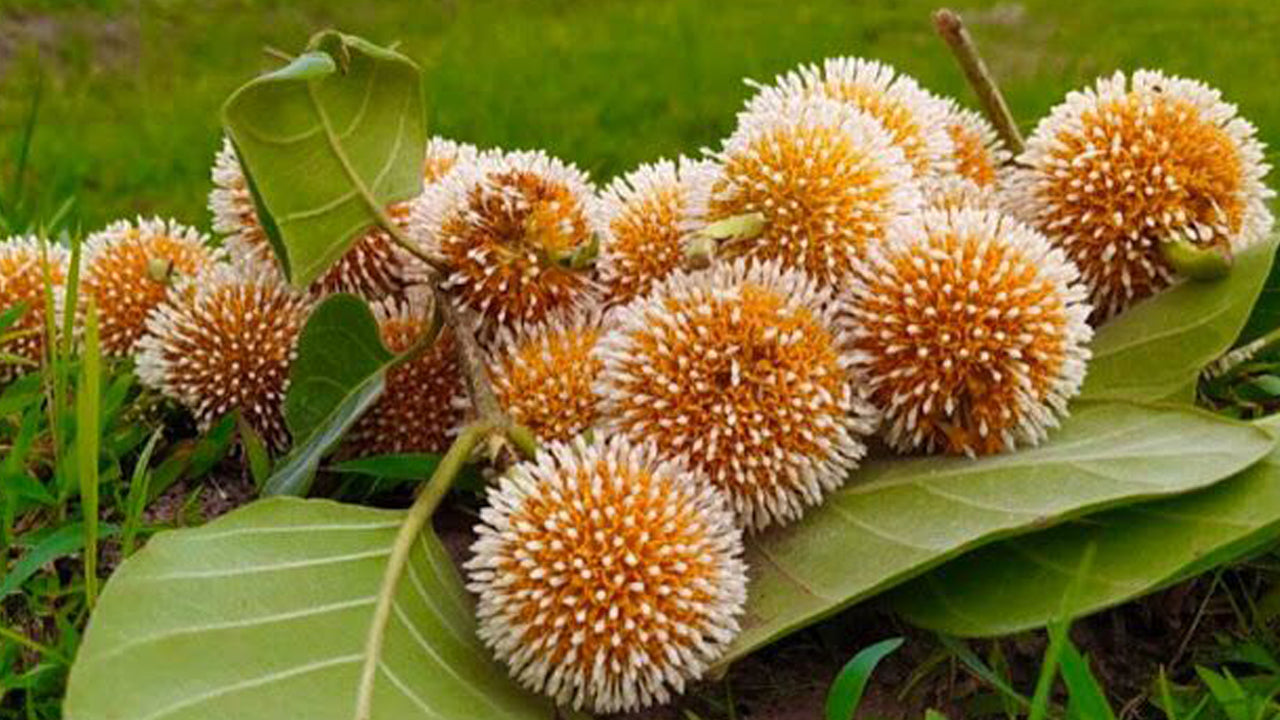
Leichhardt tree
Nauclea orientalis -
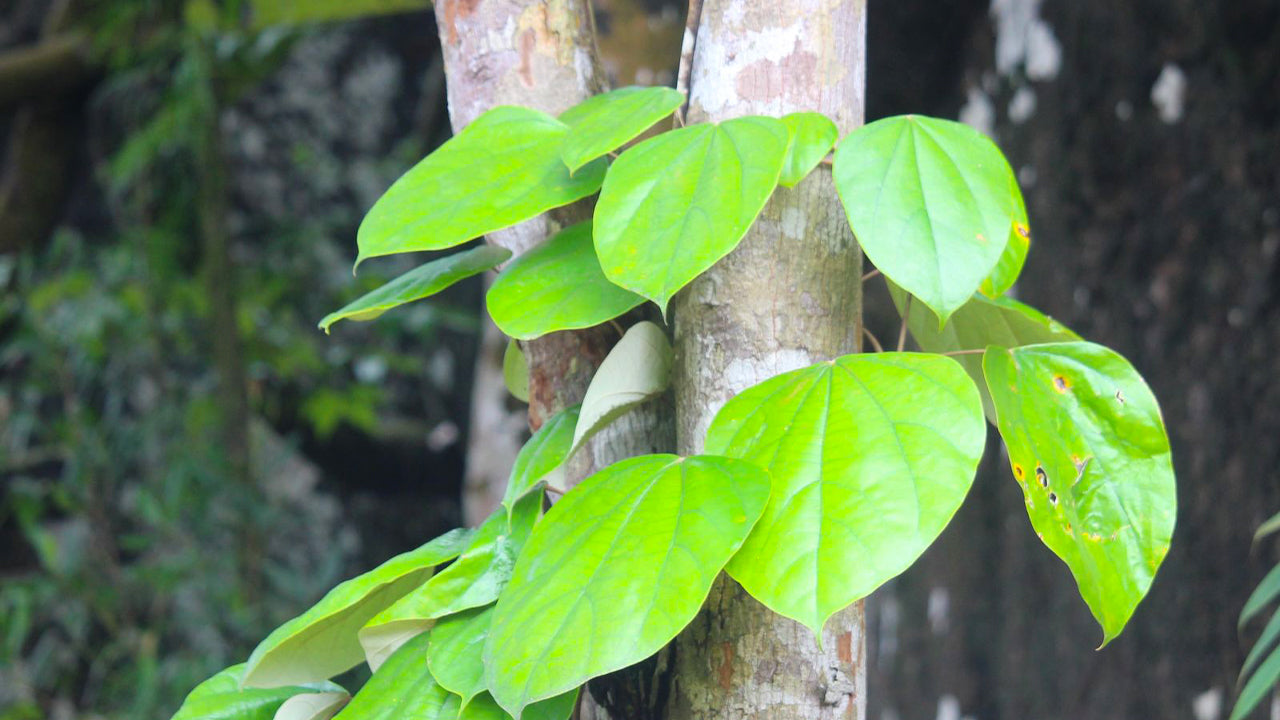
False Calumba
Coscinium fenestratum -

Malabar Gulbel
Tinospora malabarica -
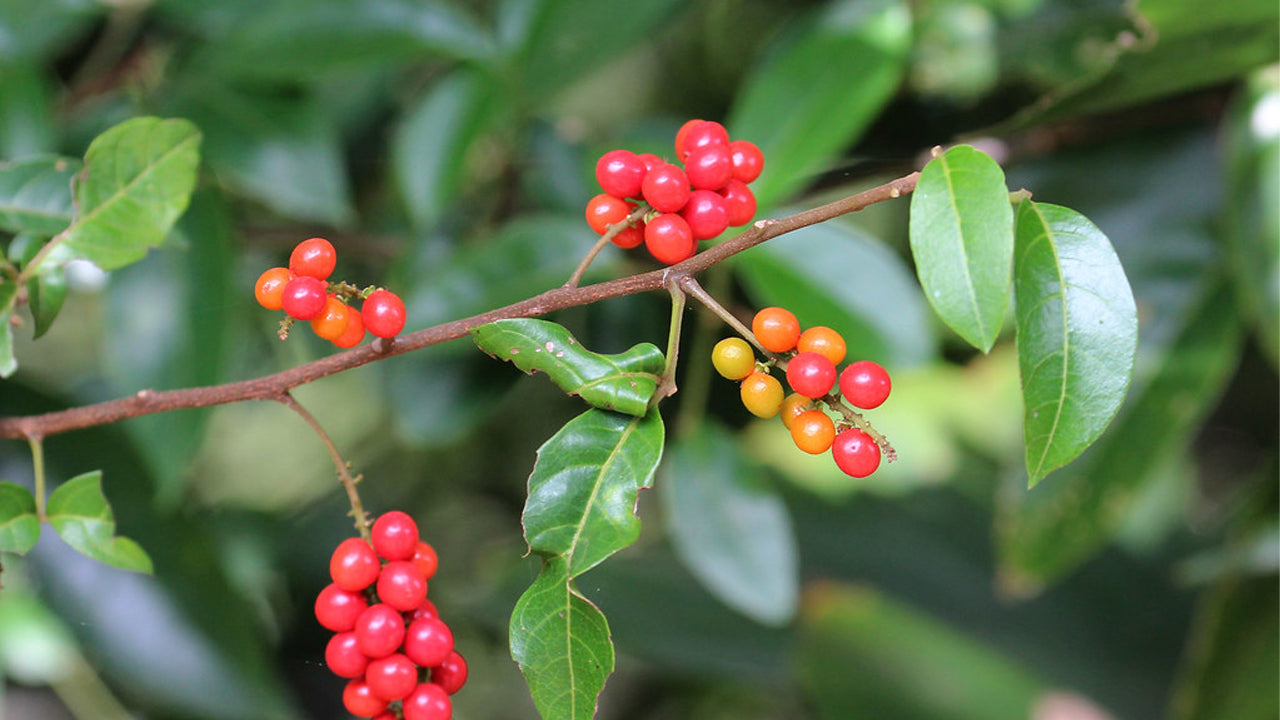
Titberry
Allophylus cobbe -
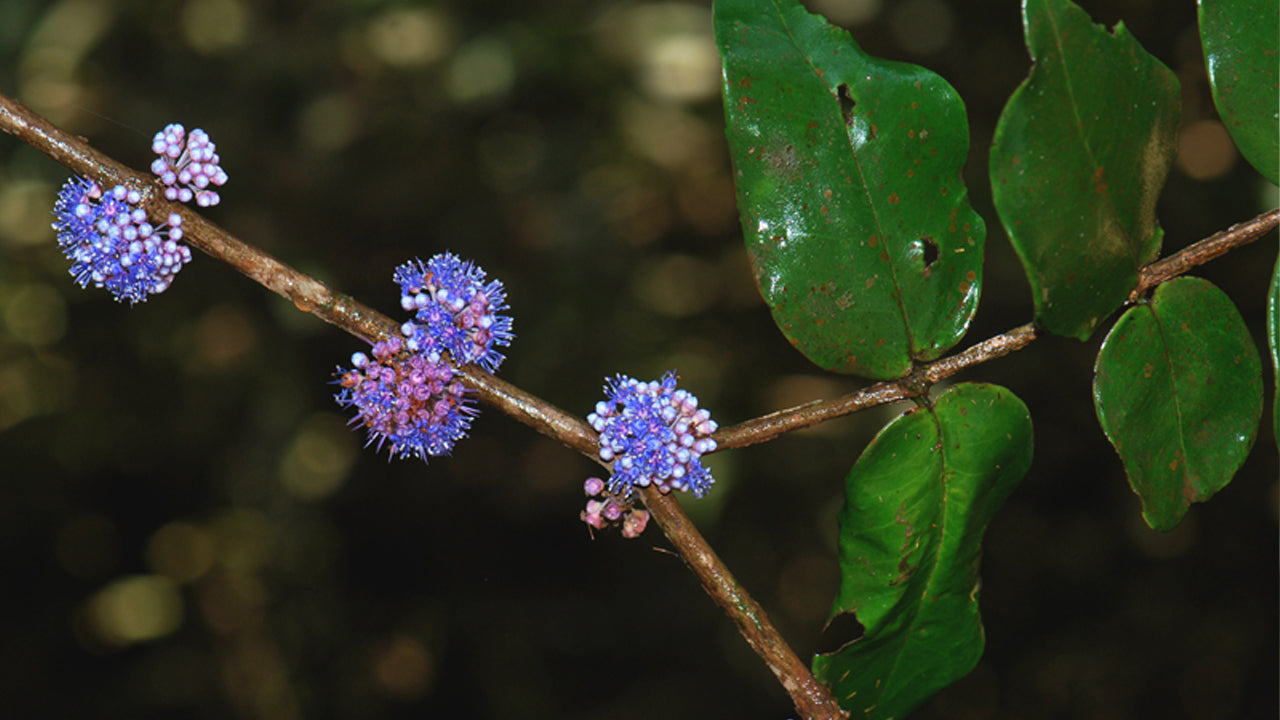
Ironwood Tree
Memecylon capitellatum -
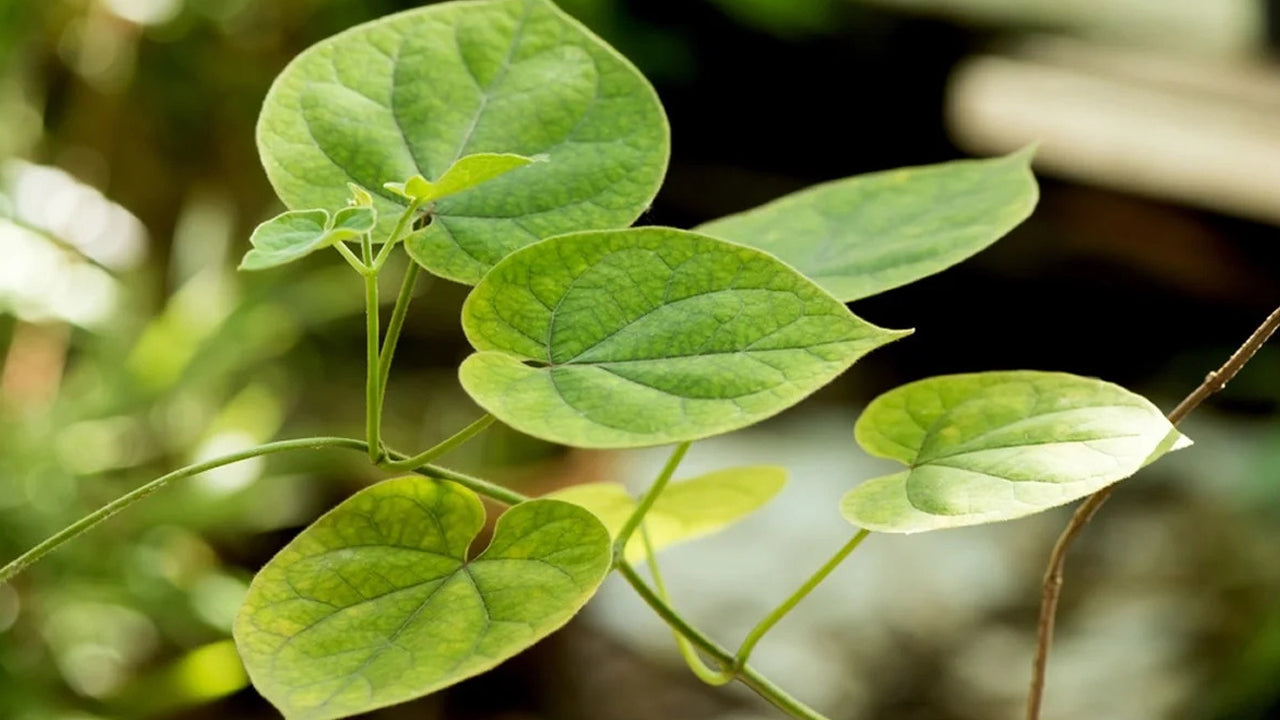
Velvet Leaf
Cissampelos pareira -
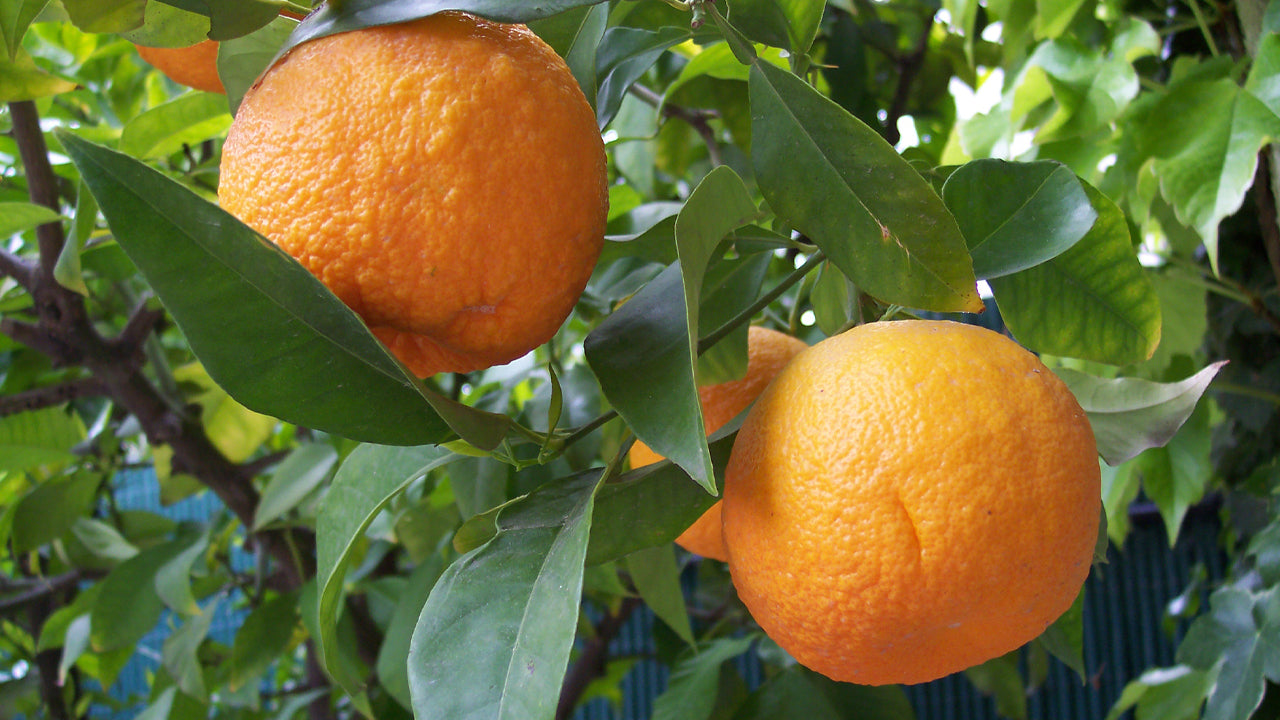
Bitter orange
Citrus aurantium -

Reinwardt's Tree Plant
Biophytun reinward -
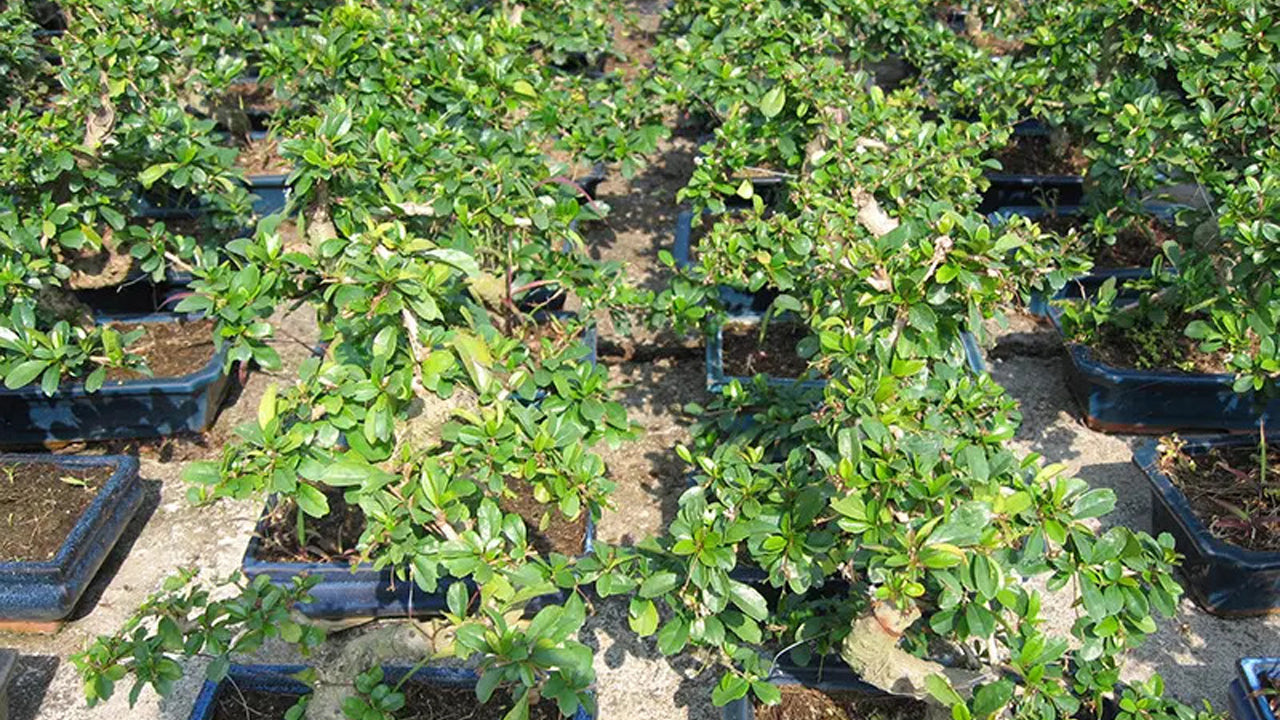
Fukien tea
Carmona microphylla -
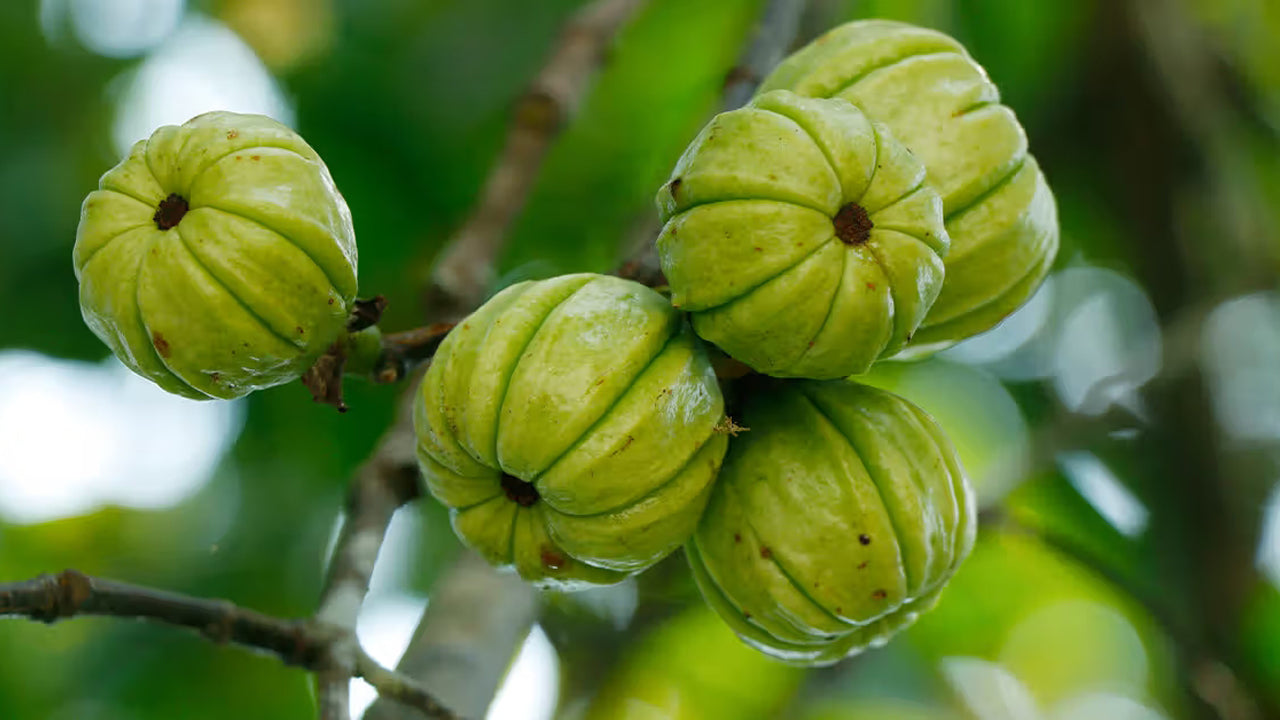
Malabar tamarind
Garcinia cambogia -
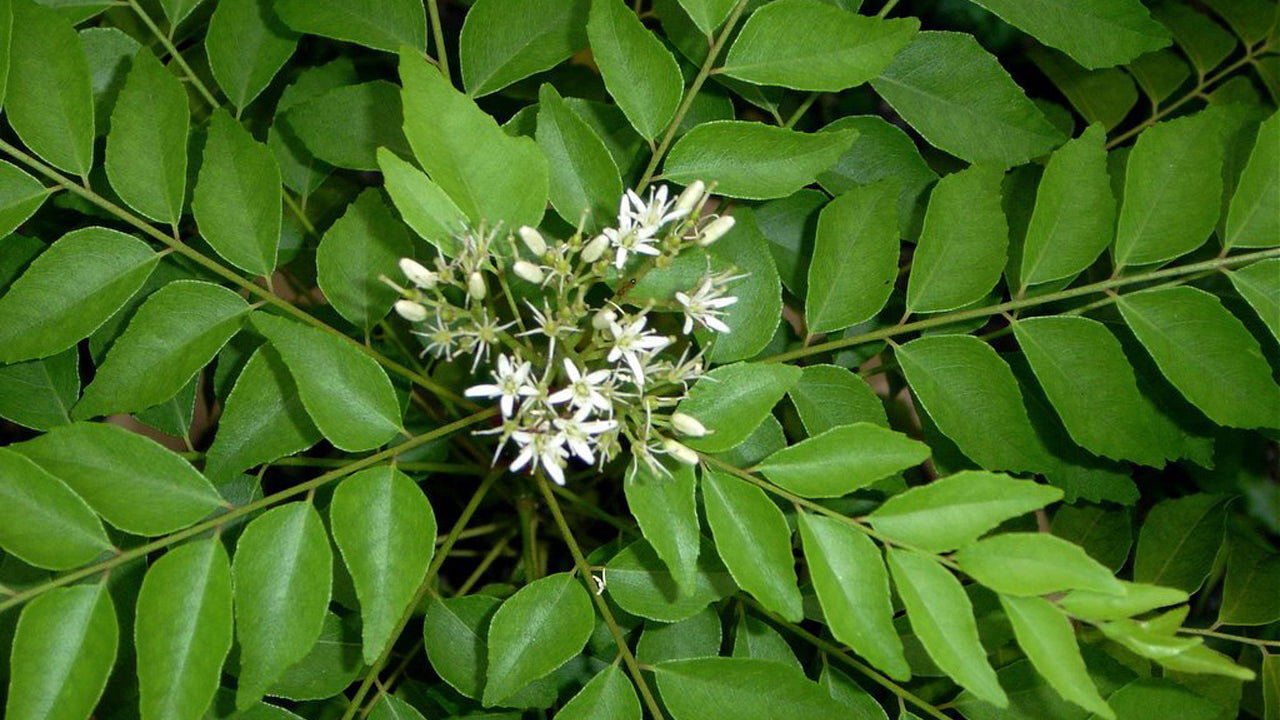
Curry leaf tree
Murraya koenigii -
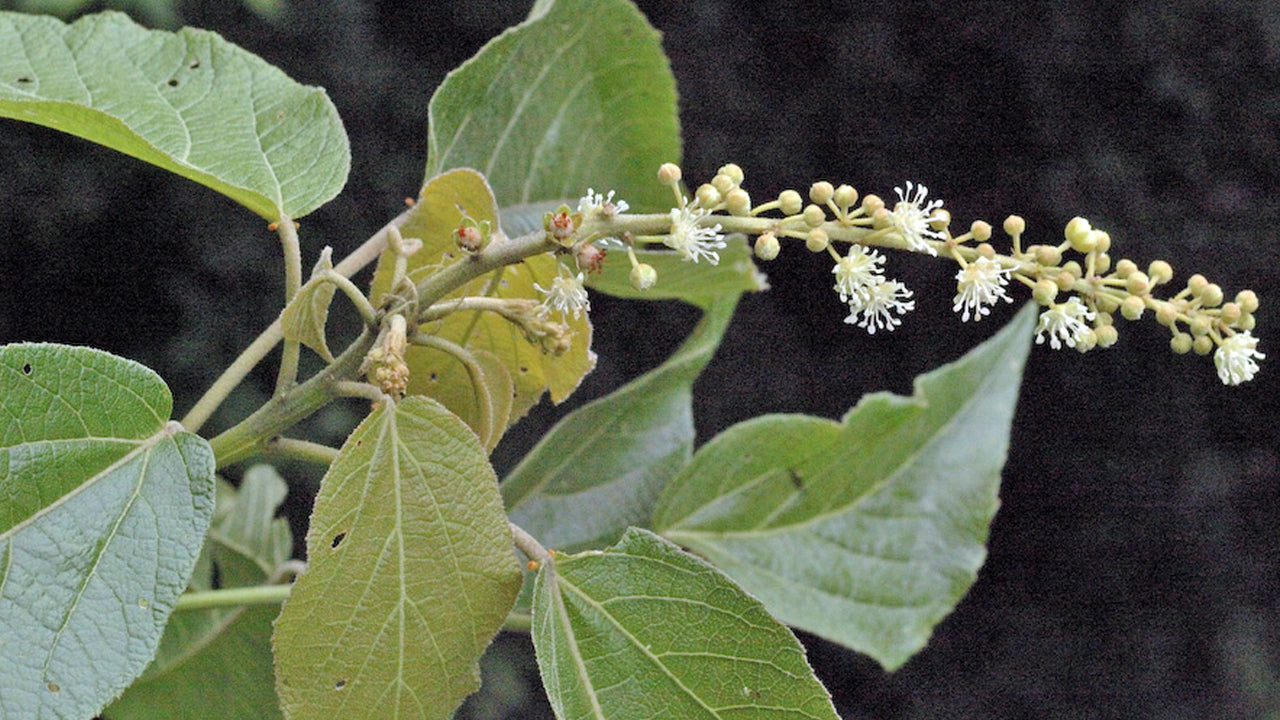
Kappetiya
Croton laccifer -
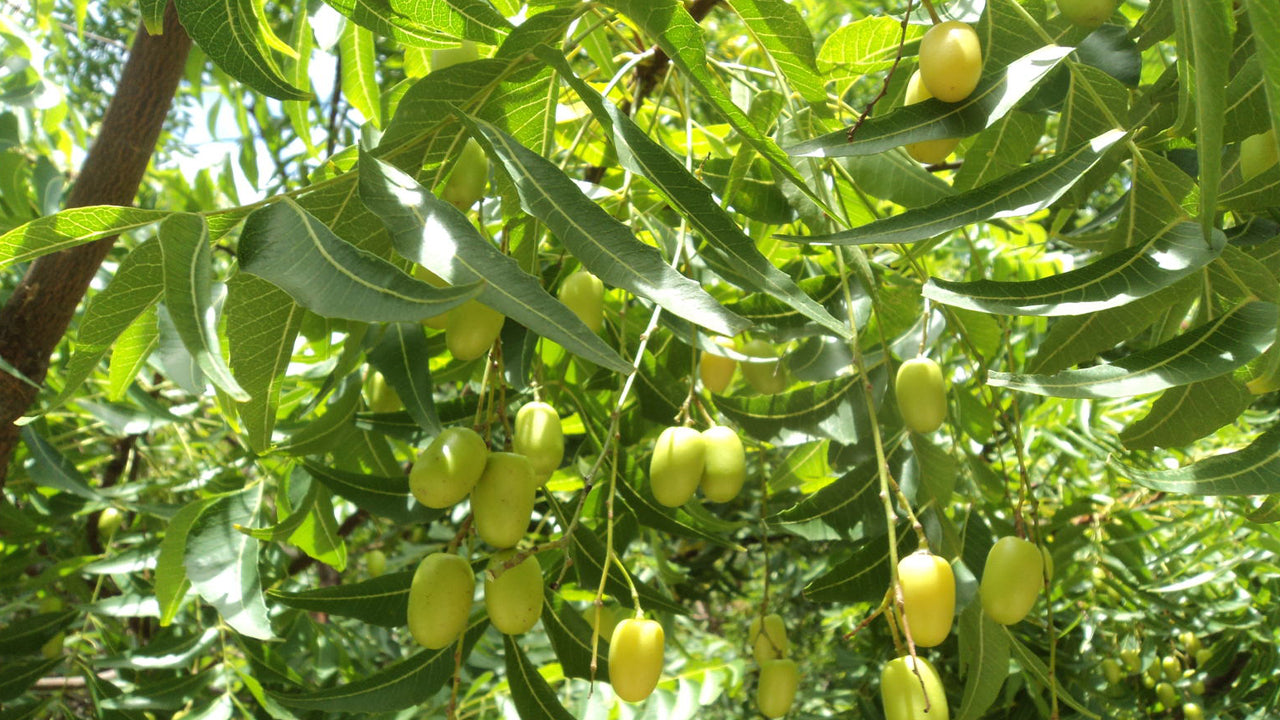
Indian lilac
Azadirachta indica -
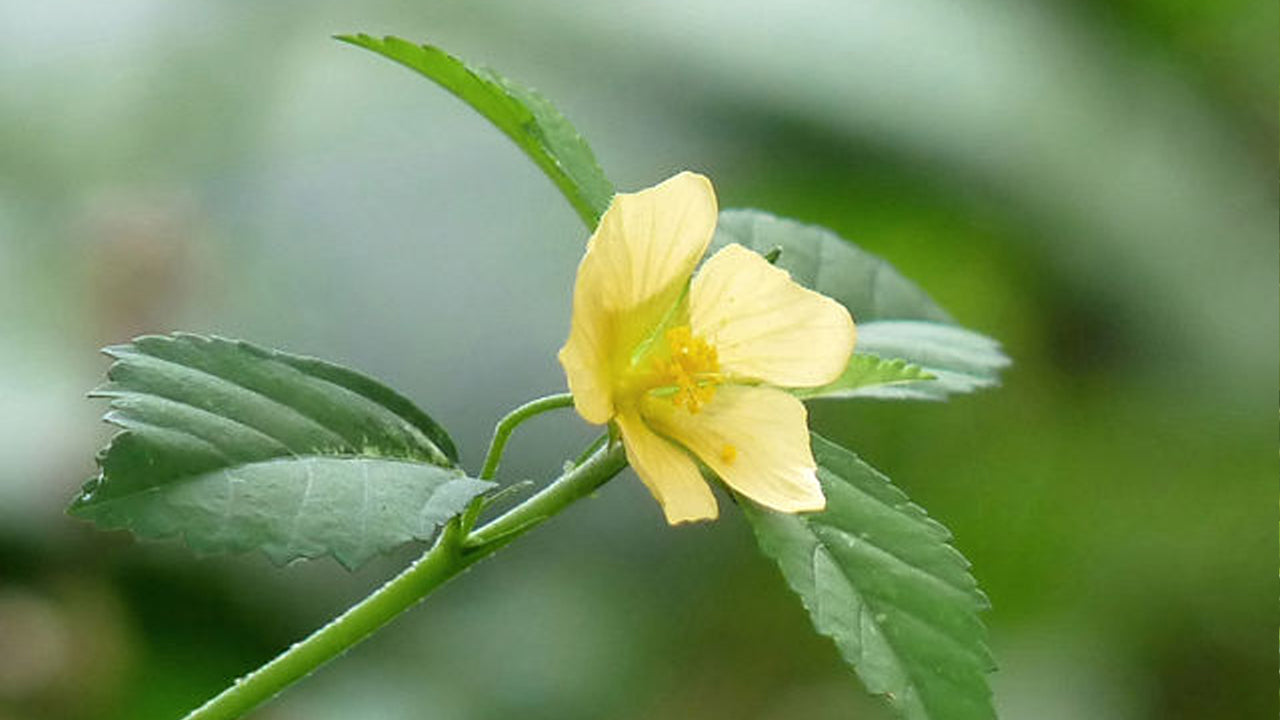
Spiny sida
Sida alba -
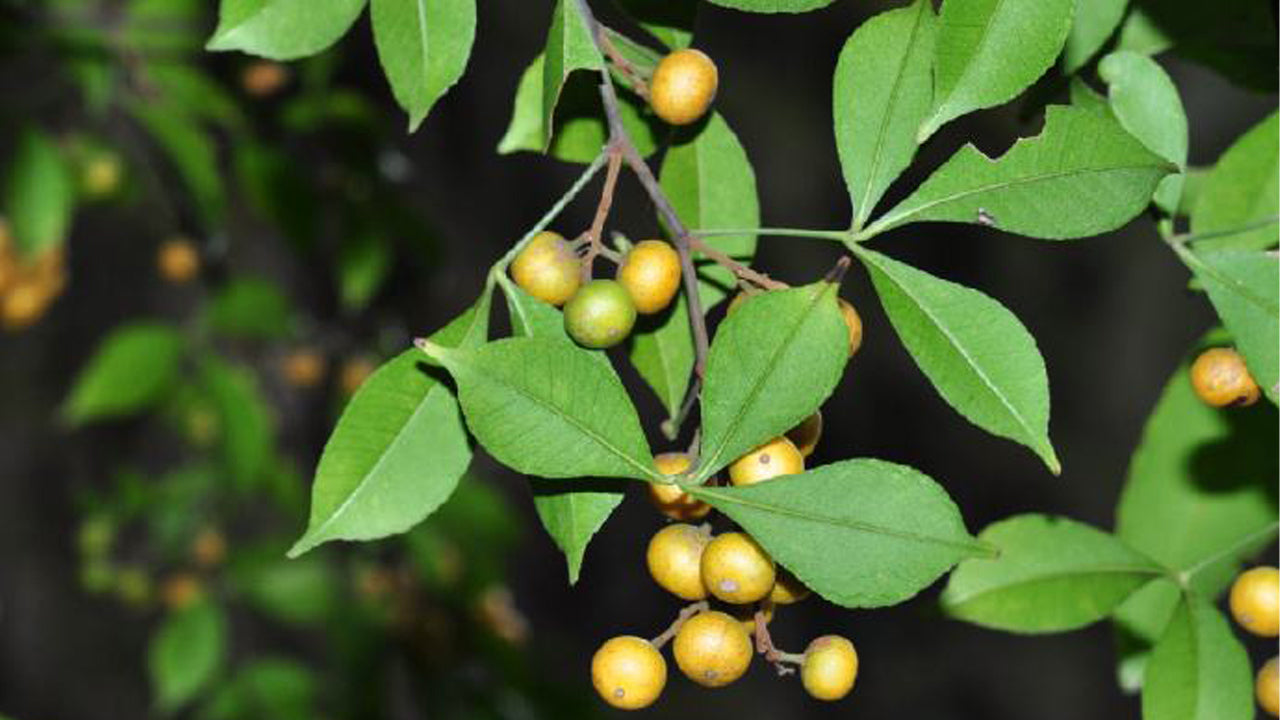
Orange climber
Toddlia asiatica -
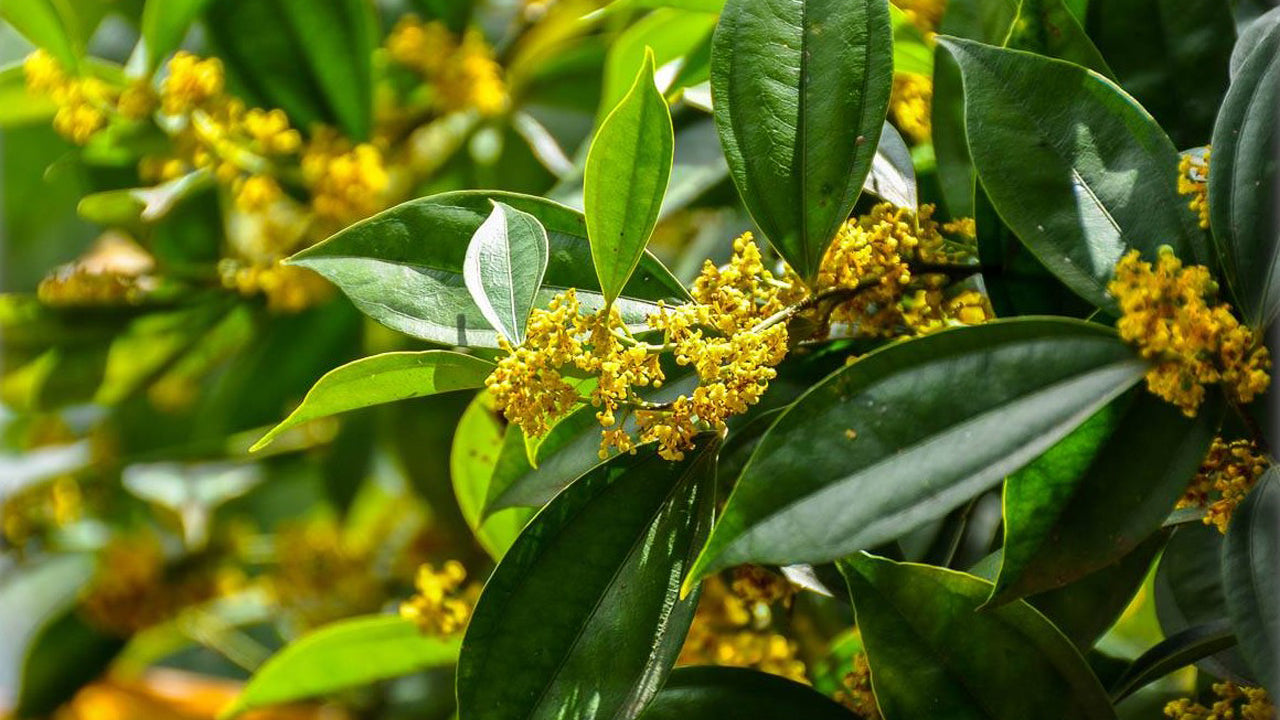
Ceylon cinnamon
Cinnamomum zeylanicum -
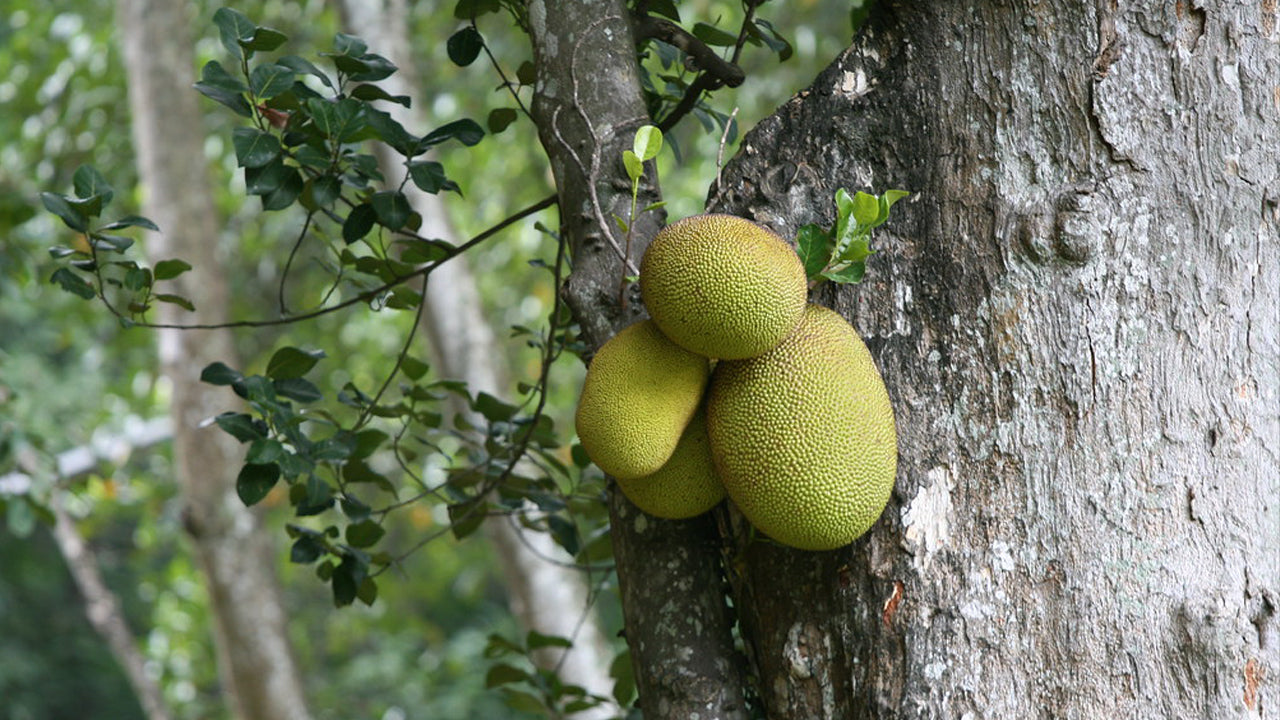
Jackfruit
Artocarpus heterophyllus -
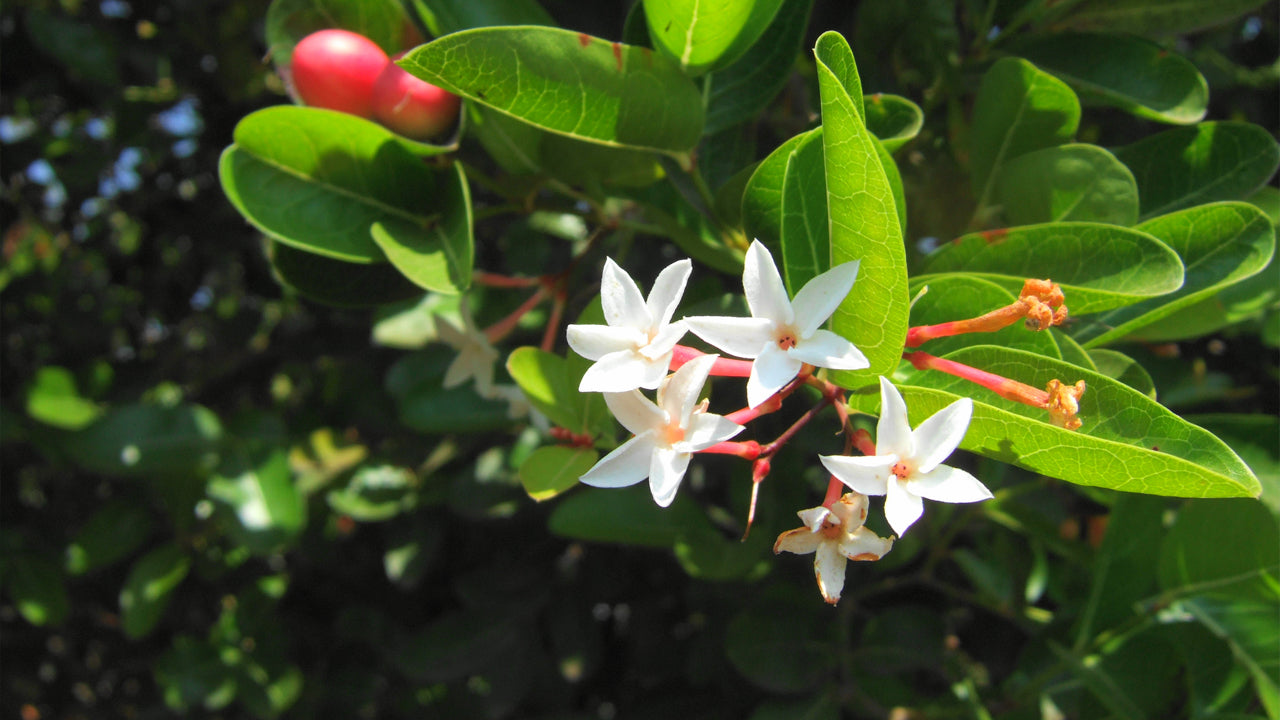
Karonda
Carissa carandas -
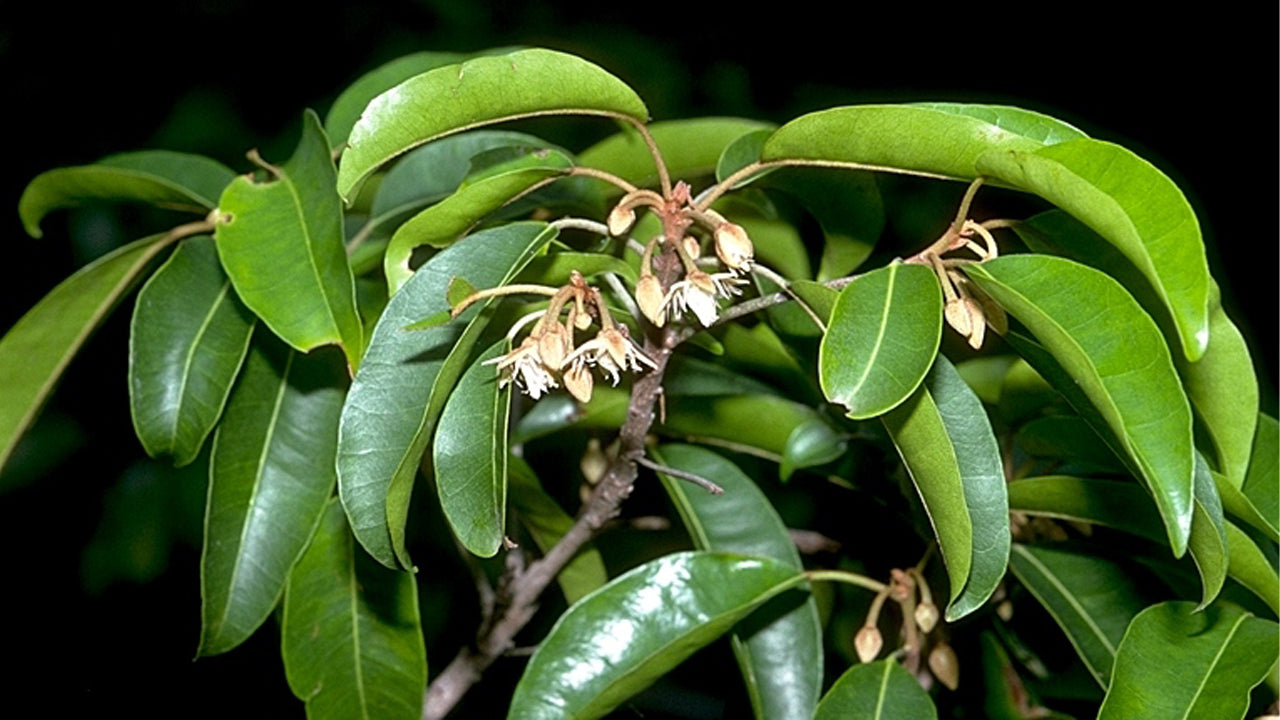
Spanish cherry
Mimusops elengi -
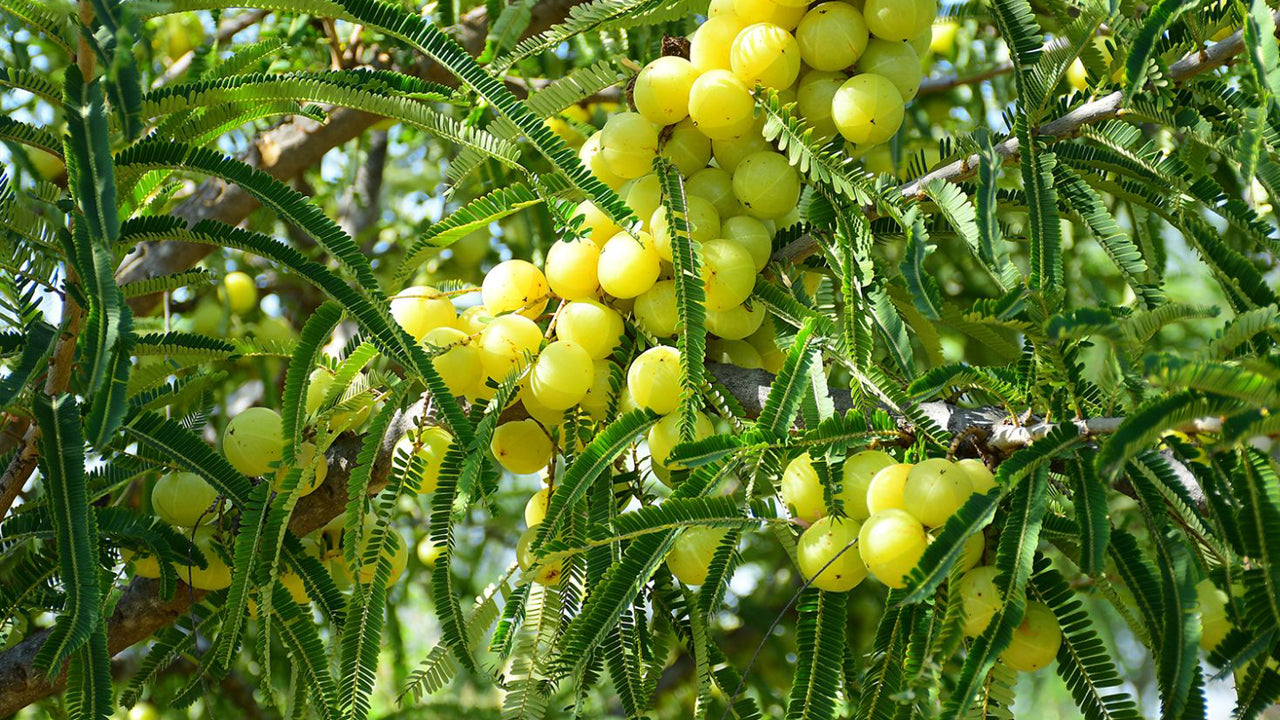
Indian gooseberry
Phyltanthus emblica -
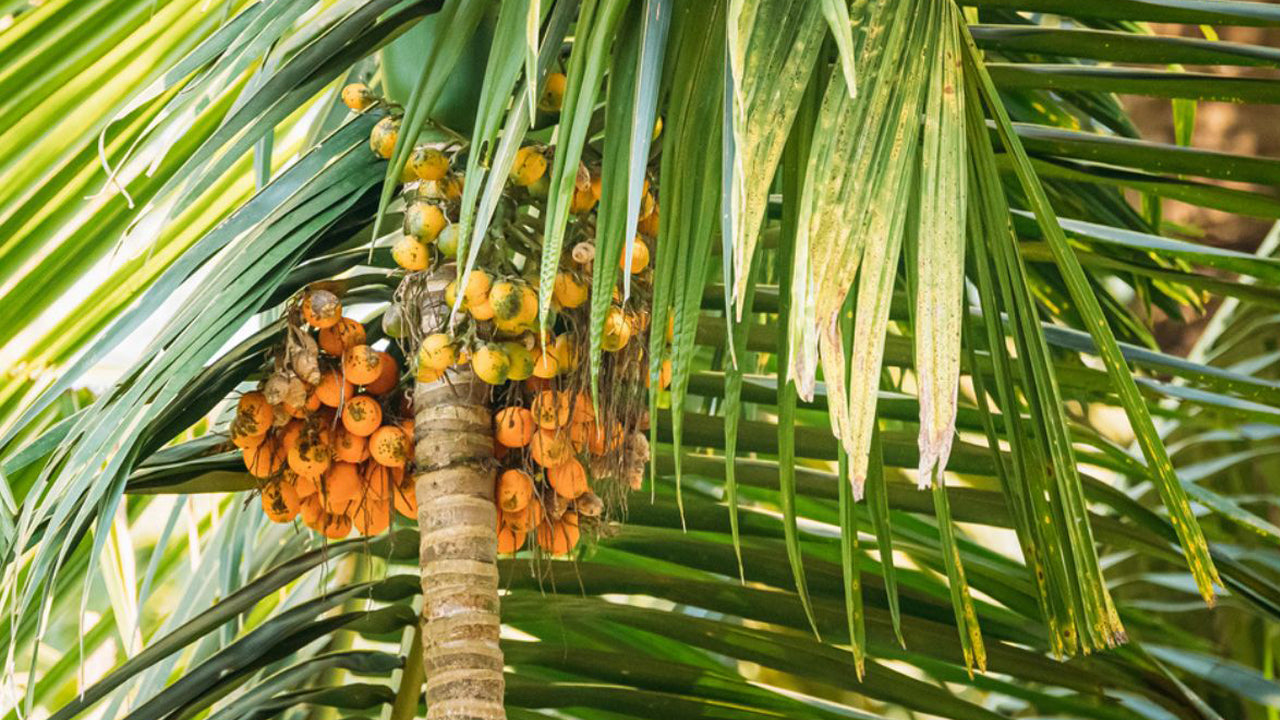
Betel palm
Areca catechu -
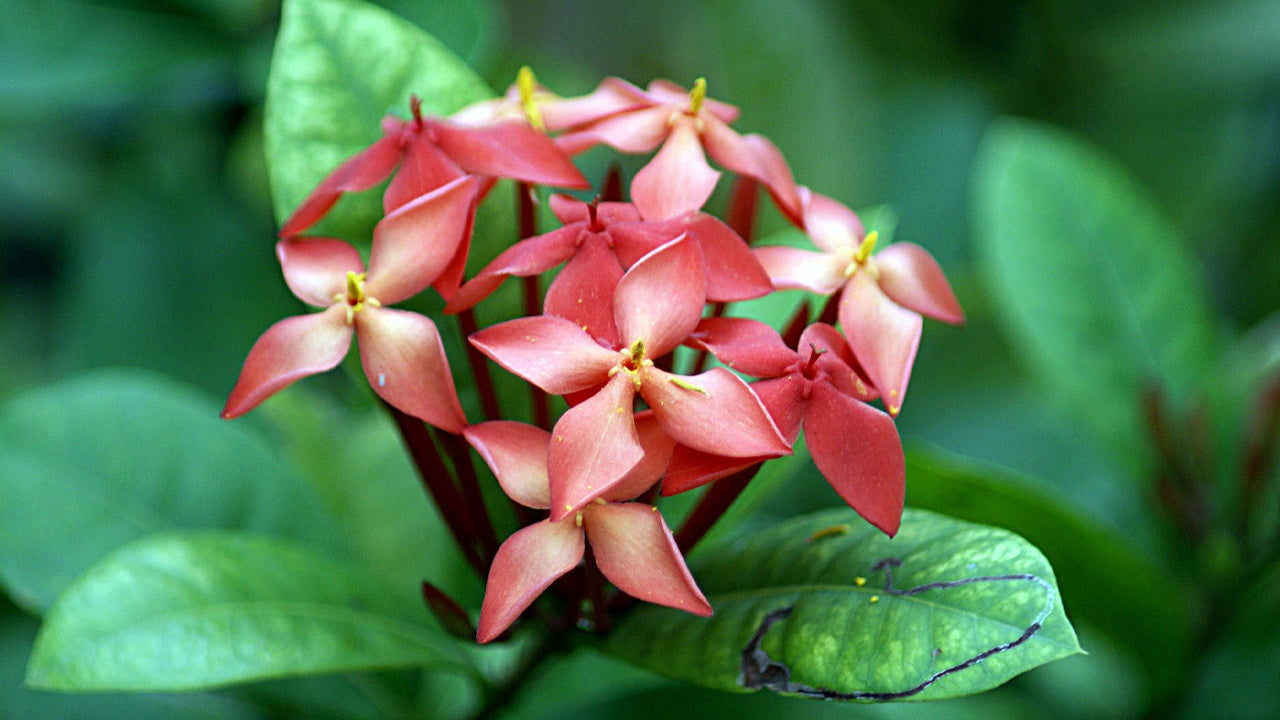
Jungle geranium
Ixora coccinea -
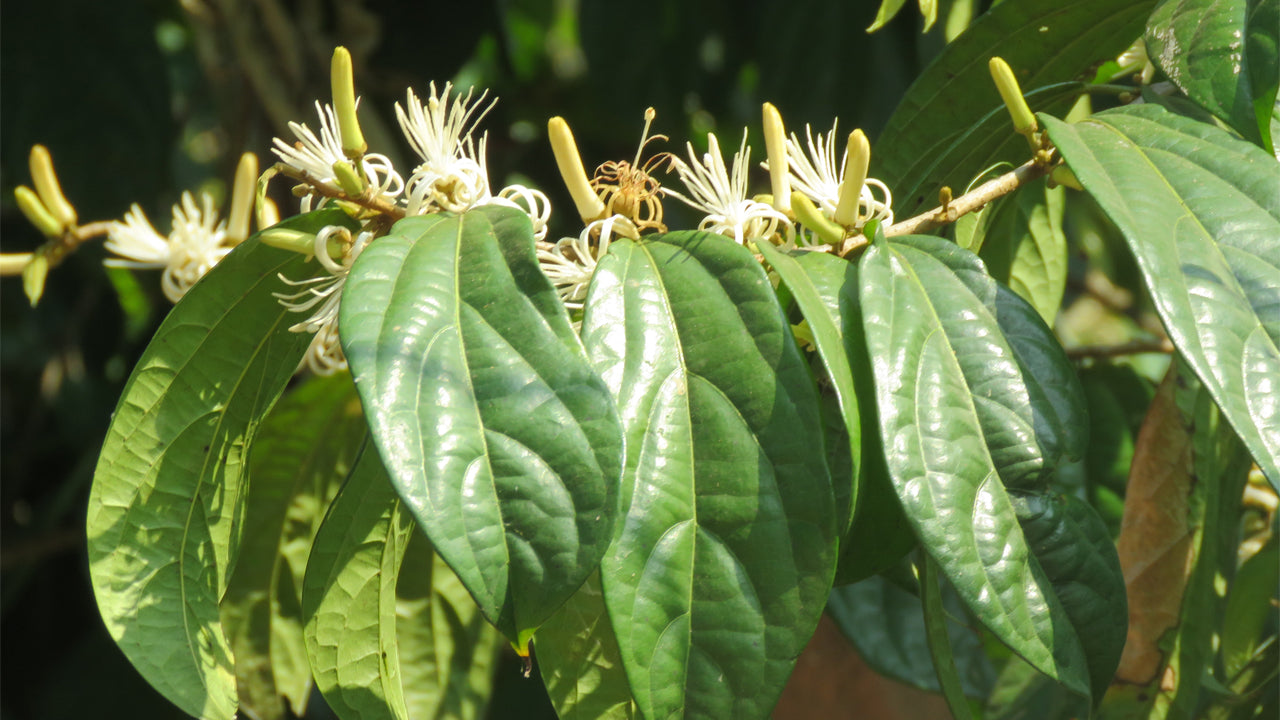
Sage-leaved alangium
Alangium salviifolium -
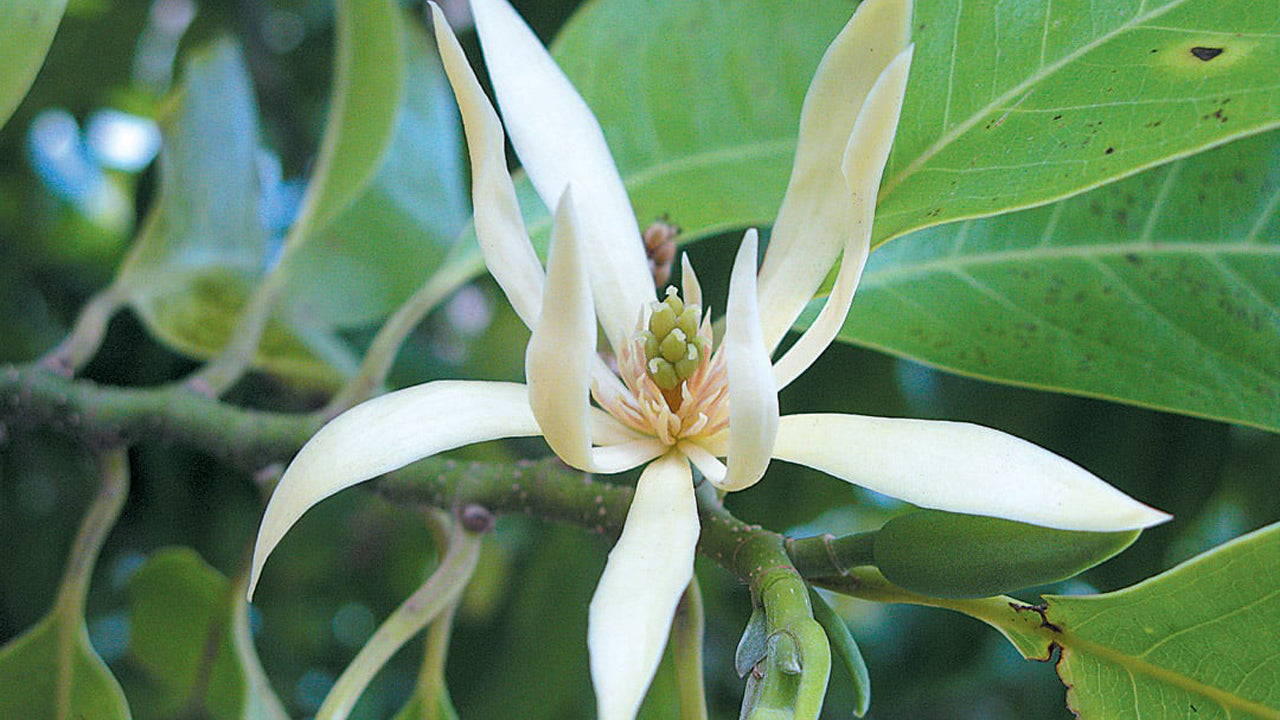
Champak
Michelia champaca -
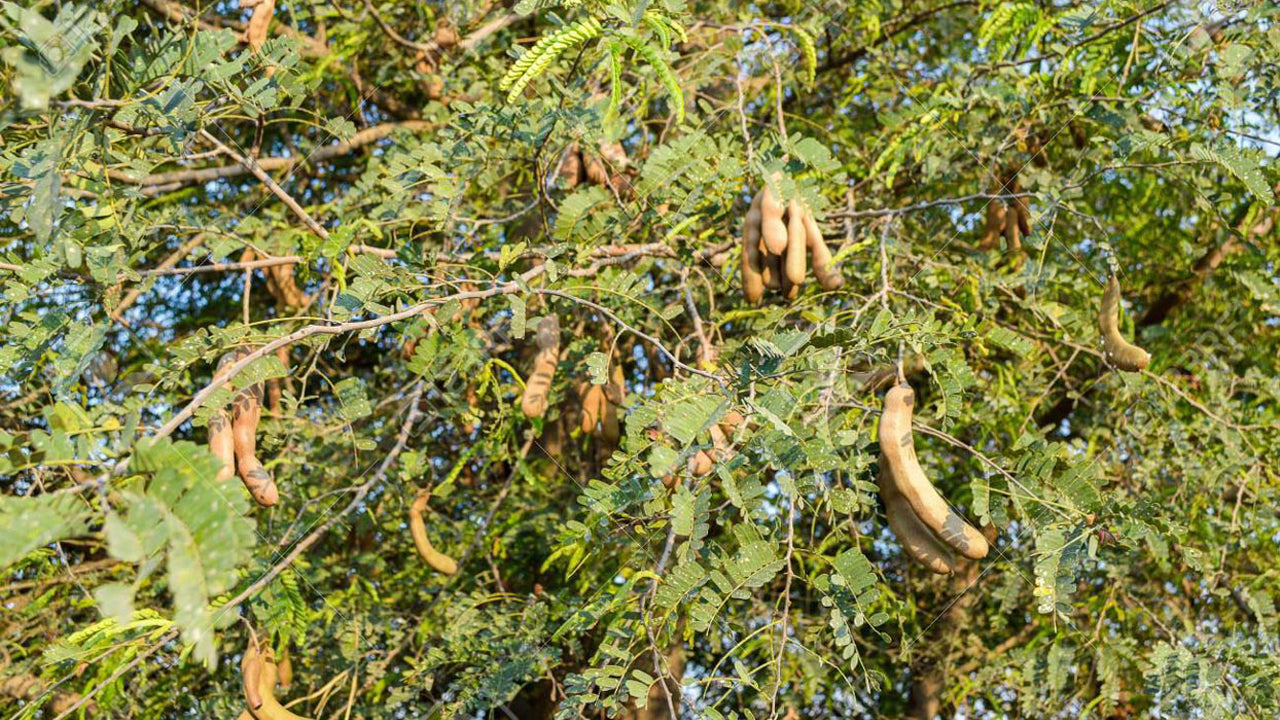
Tamarind
Tamarindus indica -
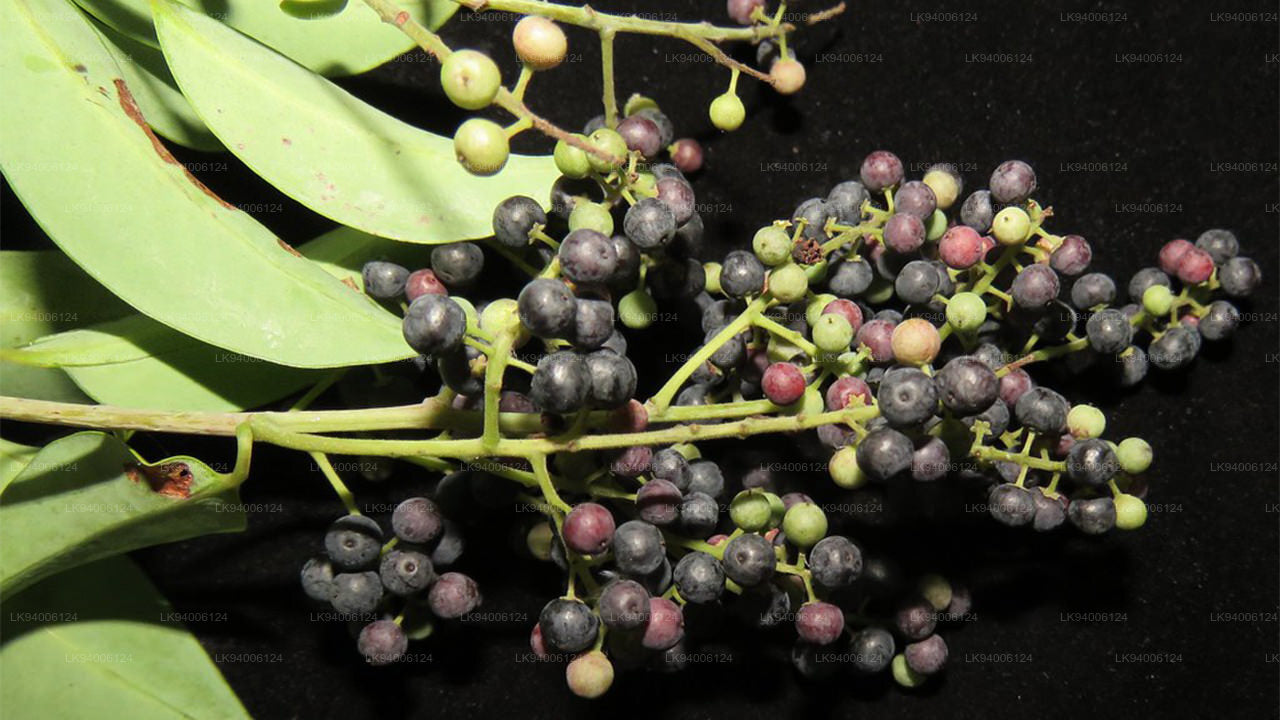
False Black Pepper
Embelia ribes -
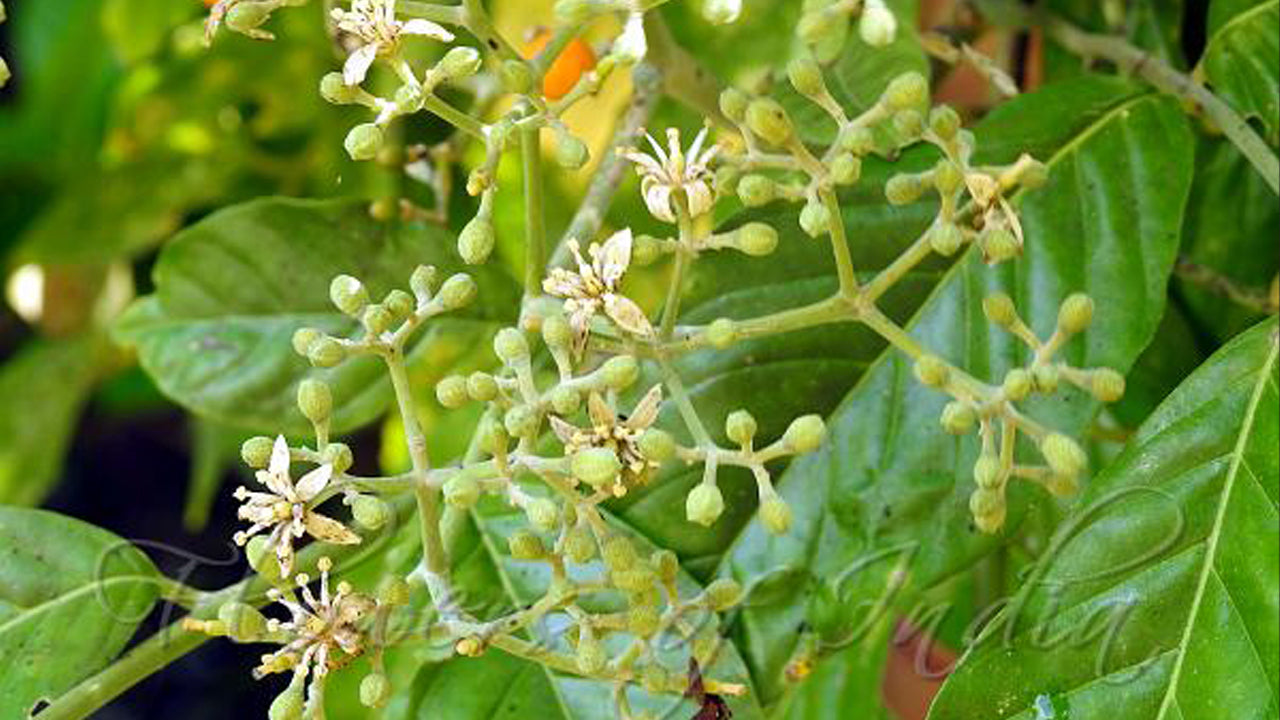
Limeberry
Micromelum ceylanicum -
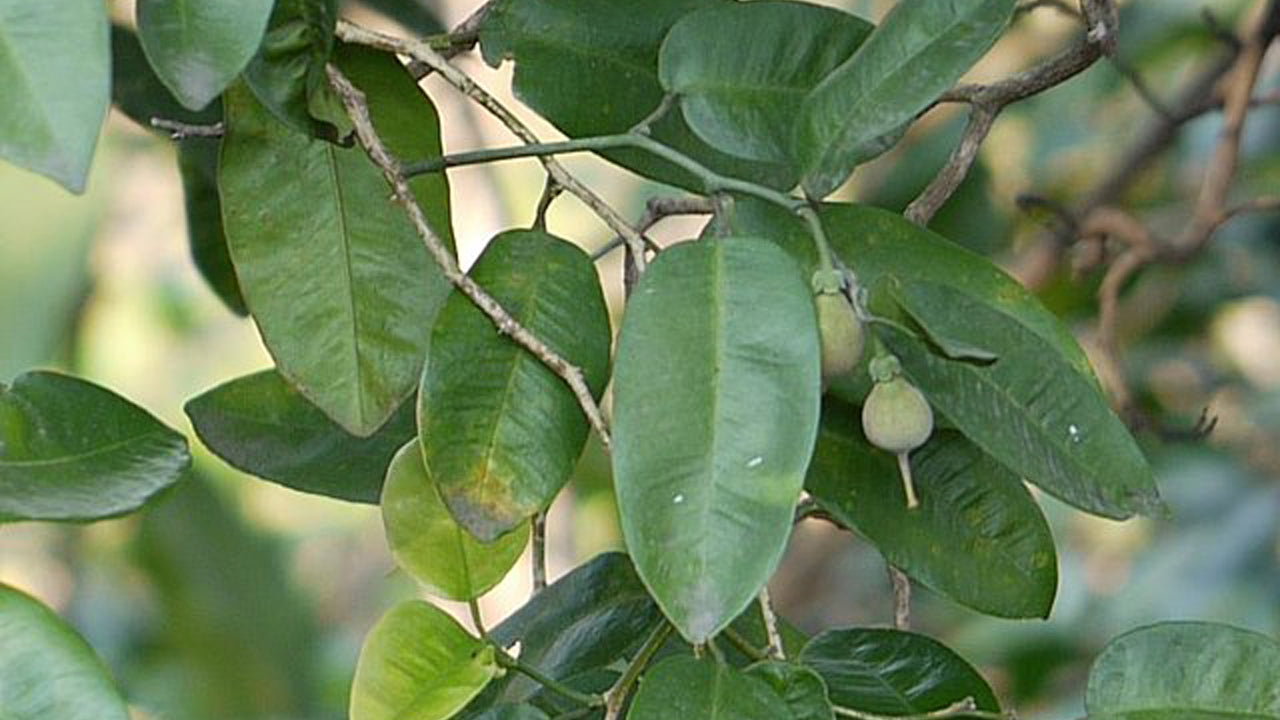
Climbing Atalantia
Paramignya monophylla
Ayurvedisk og urtebaseret
-
Siddhalepa Ayurveda Urtebalsam
Normalpris Fra $0.32 USDNormalpris$0.38 USDUdsalgspris Fra $0.32 USDUdsalg -
Lakpura Dehydreret Soursop (Guanabana, Graviola, Guyabano) Blade
Normalpris Fra $0.78 USDNormalpris$0.92 USDUdsalgspris Fra $0.78 USDUdsalg -
Link Swastha Thriphala (30 Tabletter)
Normalpris Fra $1.90 USDNormalpris$2.25 USDUdsalgspris Fra $1.90 USDUdsalg -
 Udsalg
UdsalgSetsuwa Pranajeeva Olie
Normalpris Fra $3.20 USDNormalpris$3.80 USDUdsalgspris Fra $3.20 USDUdsalg


































